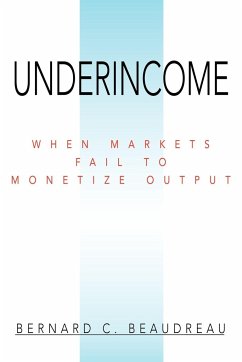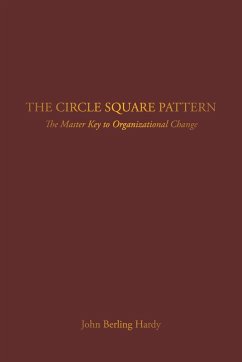Money talks, goods and services don't. This fundamental distinction is what sets a monetary economy apart from a barter one. As a result, economic growth requires more than capital, labor and energy. Being able to signal one's willingness to purchase goods and services is also required, a sine qua non of an advanced industrial economy. Formally, the ability to generate wealth, it therefore follows, is no longer a sufficient condition for growth, but instead, one of two necessary conditions, the other being the ability to monetize (real or nominal) output-the ability to give a voice to what would otherwise be a mere potential. Monetarists, notably Milton Friedman and Anna J. Schwartz, have chronicled the history of money in the United States, establishing a direct link between the ability to monetize output as defined by the fractional reserve system in the United States, and the ability to create wealth. Recessions are linked to the failure of the Federal Reserve Board in the United States to provide the necessary liquidity, and vice versa. In short, the business cycle is essentially a money-supply driven phenomenon. This book examines another type of monetary failure, namely the failure on the part of advanced industrial economies to monetize output, a failure rooted in the very nature of the transaction technology (producers and merchants) as opposed to being "supply related" (e.g. central banks, supply of specie). Specifically, in periods of paradigm technological change, money income fails to increase commensurately with society's ability to create wealth, resulting in underincome. As there are no private incentives to increase wage income (real or nominal) in response to greater productivity and profits are a residual income form, overall income fails to increase with productive capacity.
Hinweis: Dieser Artikel kann nur an eine deutsche Lieferadresse ausgeliefert werden.
Hinweis: Dieser Artikel kann nur an eine deutsche Lieferadresse ausgeliefert werden.








